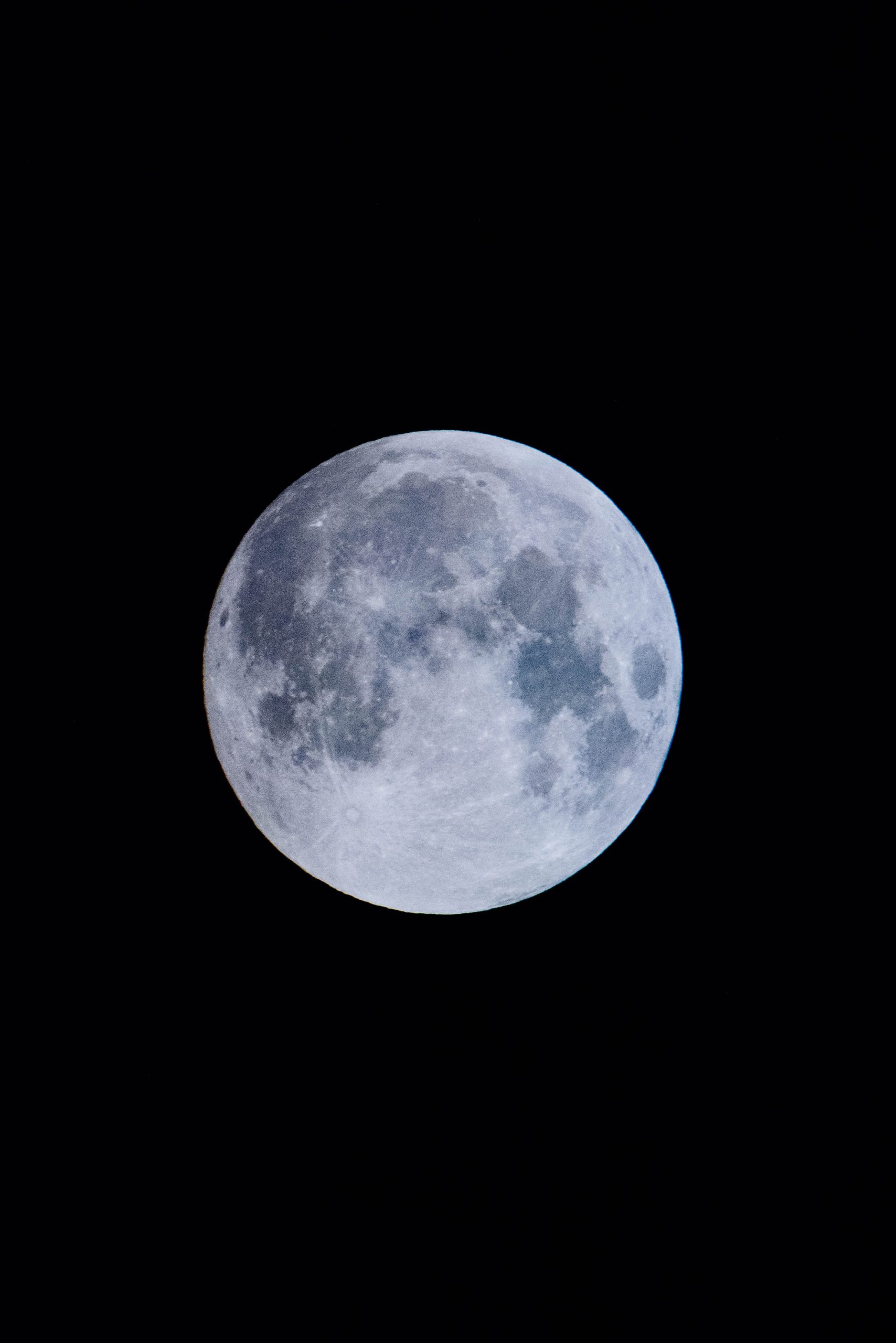Moon Phases and Childbirth: Exploring the Connection
Throughout history, humans have been fascinated by the moon and its influence on our lives. The idea that the moon can affect various aspects of our existence, including childbirth, has been a subject of curiosity and debate. While scientific evidence is limited, many cultures and individuals believe that the moon’s phases can impact the birthing process. In this blog post, we will delve deeper into the connection between moon phases and childbirth and explore the various theories and beliefs surrounding this topic.
The Moon’s Phases
Before we discuss the potential link between moon phases and childbirth, let’s first understand the different phases of the moon. The moon goes through eight distinct phases in its lunar cycle: New Moon, Waxing Crescent, First Quarter, Waxing Gibbous, Full Moon, Waning Gibbous, Third Quarter, and Waning Crescent.
The lunar cycle takes approximately 29.5 days, with each phase lasting for about 3.7 days. These phases occur as a result of the position of the moon relative to the sun and the earth, generating different amounts of illumination that we perceive from our vantage point on Earth.
Lunar Influence on Tides
One of the most well-known effects of the moon is its influence on tides. The gravitational pull between the moon and the Earth causes the oceans to bulge, creating high and low tides. This connection between the moon and tides has led some to speculate that if the moon can exert such an influence on oceanic bodies, it might also affect the human body during childbirth.
Anecdotal Accounts and Cultural Beliefs
Throughout history, several cultures have associated certain lunar phases with childbirth. In numerous traditional and indigenous communities, the full moon is believed to have a significant impact on the birthing process. Some midwives and doulas also claim to have observed an increase in births during full moons, with anecdotal evidence suggesting that labor may intensify during this phase.
One hypothesis is that the increased brightness during the full moon might affect hormonal activity and the production of melatonin and oxytocin, both of which play crucial roles in labor. However, it is important to note that these hypotheses lack scientific evidence and should be approached with caution.
Scientific Studies on Moon Phases and Births
While anecdotal accounts and cultural beliefs are intriguing, scientific studies on the connection between moon phases and childbirth have produced mixed results.
One study conducted in 1979 analyzed nearly 5,000 births and found no significant correlation between the moon’s phases and the timing of births. The researchers concluded that lunar phases had no effect on the likelihood of spontaneous labor or the duration of labor.
However, a more recent study published in 2016 analyzed the data of over 1,000,000 births and discovered a slight correlation between the lunar cycle and the onset of labor. The study reported a small increase in the number of births during the waxing gibbous and full moon phases compared to other lunar phases.
Despite these findings, it is important to note that correlation does not imply causation. Other factors, such as environmental and societal influences, may contribute to these slight variations in birth rates.
Alternative Explanations
While some believe that moon phases have a direct impact on childbirth, others argue that alternative explanations may account for any observed connections.
One possibility is the power of suggestion. If someone strongly believes in the influence of moon phases on childbirth, they might be more likely to attribute the timing of births to these lunar cycles, even if there is no direct relationship.
Additionally, social and cultural factors might also influence birth rates during certain moon phases. For example, hospitals and birth centers may experience more scheduled inductions or cesarean sections during specific times of the month due to logistical reasons or medical recommendations.
Conclusion
While the connection between moon phases and childbirth continues to captivate our imagination, scientific evidence supporting a direct influence remains limited. Cultural beliefs and anecdotal accounts often provide the foundation for such beliefs, but it is essential to approach these with critical thinking.
While the moon may not have a determined effect on childbirth, it is undeniable that the moon has a profound symbolic and cultural significance for many around the world. Regardless of any potential influence on childbirth, the moon’s mesmerizing presence in our night sky will continue to inspire wonder, awe, and curiosity.
Sources:
- Smith, C. A., Collins, C. T., & Crowther, C. A. (2012). The impact of the moon on birth outcomes and complications: A systematic review. Midwifery, 28(6), 696-701.
- Christopher, H., Stapleton, H., & Wiles, S. (2016). The lunar cycle: Effects on humanised birth relations. Women and Birth, 29(3), e56-e68.
- Samaroo, A., & Touma, S. (2018). Does lunar phase affect obstetric outcomes? American Journal of Obstetrics and Gynecology, 219(1), S254-S255.
Table of Contents
